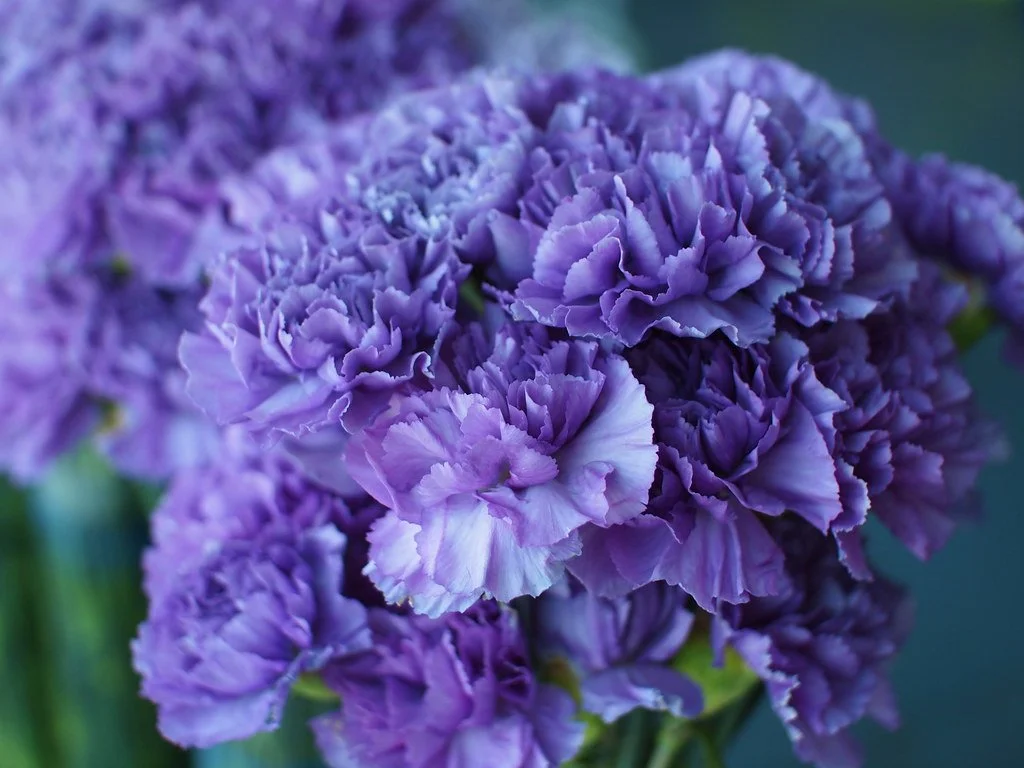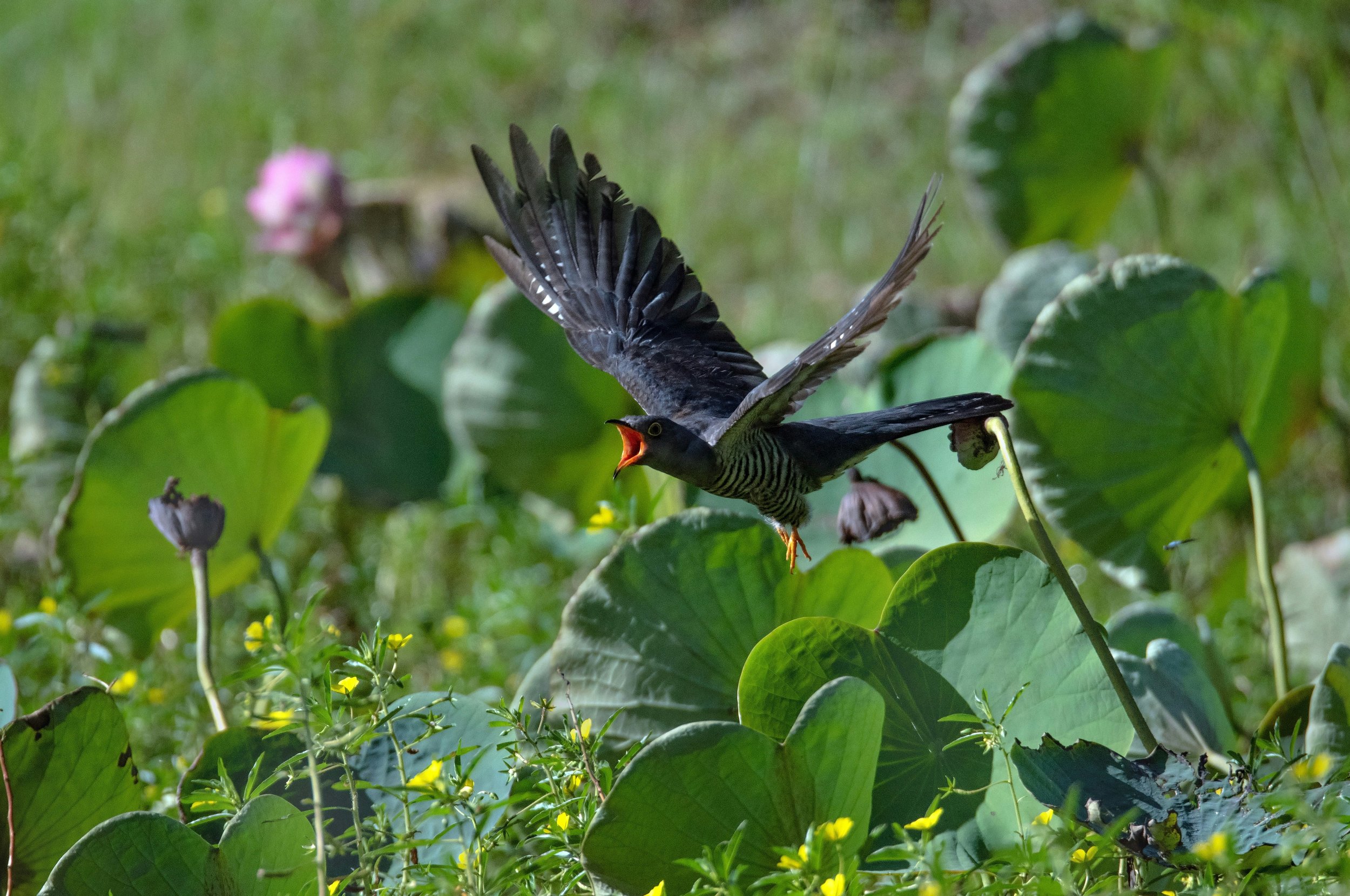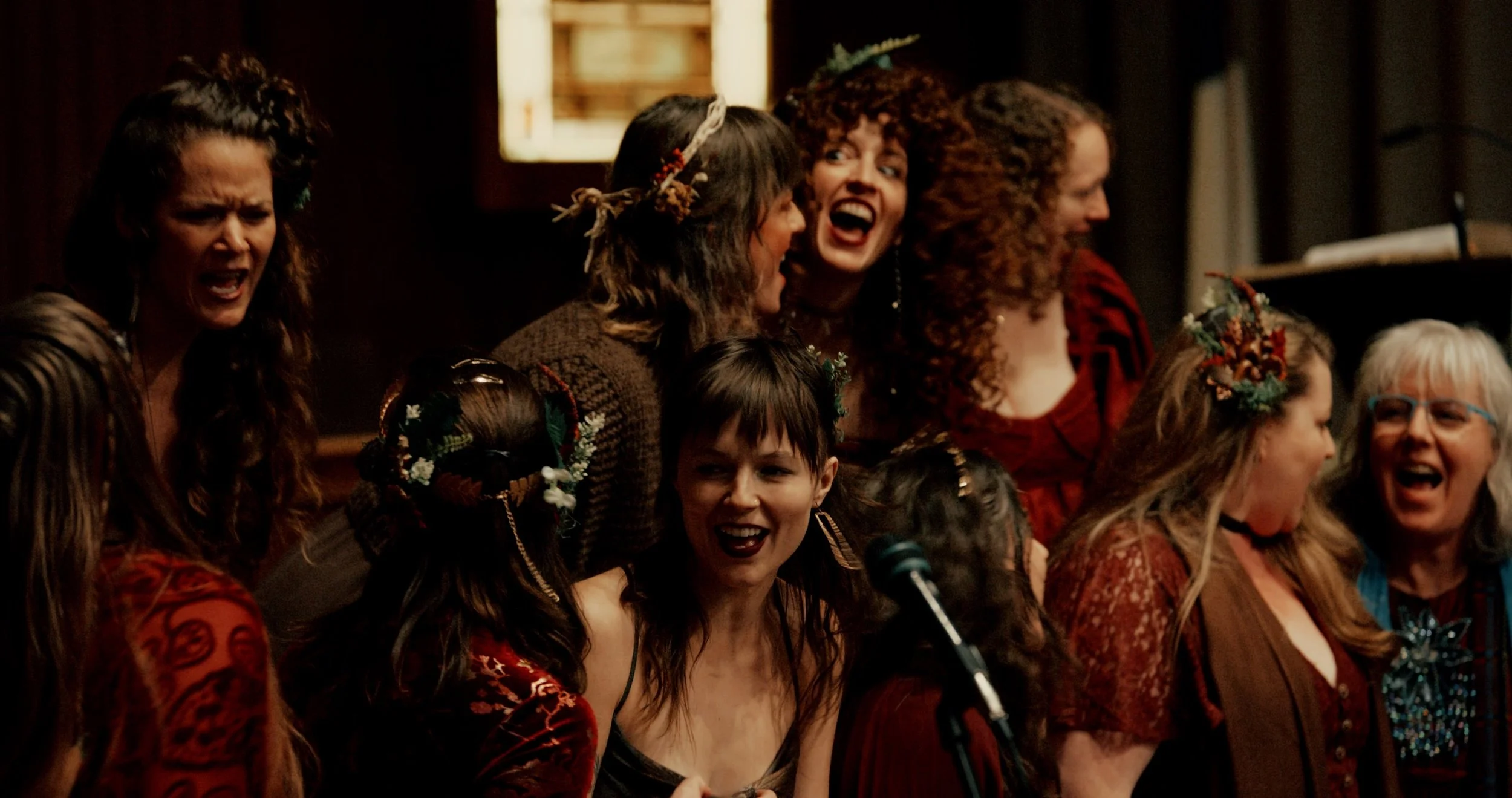Open to All Humans, Beginners Welcome
Stay connected and up to date with the Facebook Event Page
Cash and Venmo accepted at the door for drop-ins.
Reserve ahead of time in case it fills up.
Come open your voice by singing ancient earth worshipping songs. Learn the rich harmonies of songs that honor the cycles and seasons of nature, as sung by Earth Women PDX. Dare to take up space with your unique voice and ancient eastern European songs.
During this 5 week series, you will learn a variety of vocal techniques that build resilience and strength for feral singing. The songs are in Macedonian, Bulgarian, Ukrainian, and Belarusian, and include themes of carnation flowers, planting pepper seeds, longer days in the sun, and cuckoo birds. (Karanfice Devojce, Dilmano Dilbero, U Lisi, Rana Na Ivana)
This style and these techniques challenge notions of pretty singing. The invitation is to be obnoxious. Allowing the voice to be impolite is an essential right of passage to healthy, strong and controlled singing. It is what helps us uncover our authentic and resilient Earth Voice.
We will not blend. Our uniqueness will be heard. We will not sound pretty. We will sound beautiful.
The songs
Each song has been thoroughly studied from the compositions of Laboratorium Piesni. Some of the compositions will match closely to their arrangements, with minor deviations to enunciate specific meaning and musicality that I find most riveting. The pronunciation of each language, though I have been thoroughly exposed, is to the best of my non-native ability.
Week 1 & 2
Karanfilce Devojce
Karanfilce Devojce- “carnation girl” is a Macedonian song honoring the innocence of a young girl who has been wading, trampling, and musing through carnation gardens. The carnation has long been a symbol of motherly love, purity and divine beauty. Carnation girl helps us tap into the endearing love that is held for our innocent ones. Repeated lyric “Guide the caressed lamb gently” points to how pure and painfully precious our love for the Carnation girl is. But she is also wild and feral, as one might expect of an authentic child.
Week 3
Dilmano Dilbero
Dilmano Dilbero is a Bulgarian fertility song, traditionally sung at weddings to encourage a prolific family. The dynamic rhythmic syncopations induce excitement for the anticipation- of planting pepper seeds!
Translated: Beautiful one, show me how to plant the pepper, so that it blossoms and fruits, and you can pick pick pick as much as you want. Poke the ground, plant it there, poke the ground, plant it there. Beautiful one, That is how you plant the pepper!
Week 4
U Lisi
U Lisi Ukrainian folk song. U lisi translated means “in the woods”, describes the story of the cuckoo bird. Different form our associations with the Cuckoo, Ukranians view this bird as an archetype of the sacred feminine. This bird was thought to be a traveler between life and death.
Cuckoo is often paired with the Nightingale- representing the masculine qualities. These two birds would be embroidered on towels and household clothes as gifts as a symbol of healthy marriages.
The song tells of the Cuckoo bird in the woods building a nest, then she leaves her the nest, presumably to do her liminal life death magic. She returns to find a Nightingale in her nest. The Nightingale promises to father her children.
Week 5
Rana Na Ivana
Belarusian song celebrating the shortest night of the year, and Slavic fertility Goddess Kupala. The repeated line “Oy Rana na Ivana”, refers to Ivan, or Saint John the Baptist. Integrating the Christian deity into the song is presumably how the song survived. However, hidden lyrics between verses reference Kupala, asking, where did she sleep? What did she eat and drink? Followed up with, she slept in the field! She drank Vodka and ate cheese!
This reverent hymn to Saint John the Baptist, or actually, to Kupala, turns into the wild revelry of celebration that happens when the nights become so short that you can stay up long enough to see the sunrise. Kupala celebrations would include making flower crowns, gathering summer herbal medicinals, jumping over fires and wading in rivers. All that we can look forward to with the lengthening days.








